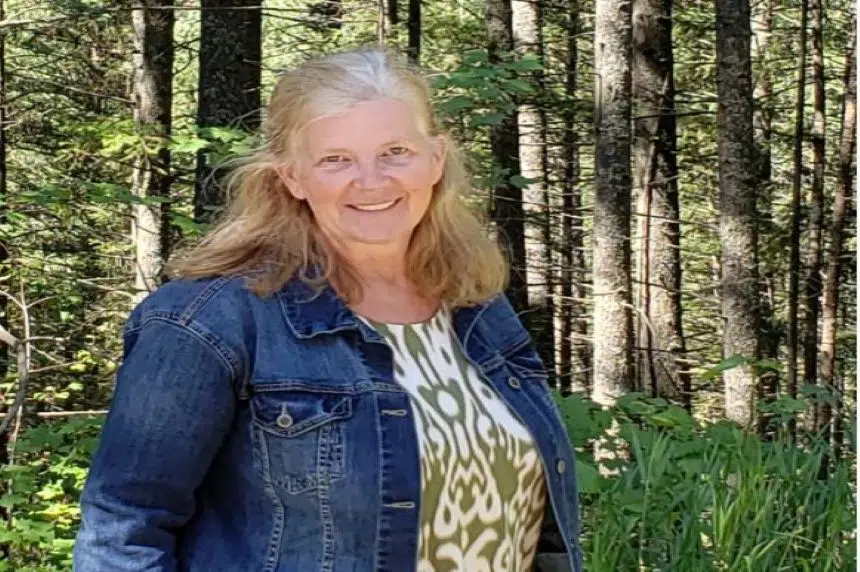As she speaks, Sandi Urban sometimes struggles for breath and warns she may lose her train of thought.
But those symptoms of COVID-19 are just the tip of the iceberg for the Regina mother, who has been battling the aftereffects of the virus she contracted near the end of November.
The pain she feels shooting through her body — she likens it to “electric shocks” — happens mostly at night. During the day, she often struggles to have enough energy to get her son to school and to perform basic chores.
As a “long-hauler,” Urban says it’s frustrating to read about the number of recoveries reported by the provincial government, because she knows not all of those people are doing well.
“I’ve heard of many people with lingering effects of COVID struggling to find a way to explain to people what it feels like,” she said. “It’s like every kind of pain you’ve ever had rolled into one.”
On Jan. 26 the provincial government changed the way it reported recoveries to be more in line with the way other provinces are also reporting them.
According to a statement from the Ministry of Health: “Active cases are those new cases reported within the last 10 days. In Saskatchewan, you are publicly reported as Recovered 10 days after a positive test result. In some cases, symptoms can linger beyond the 10 days, even in cases that are no longer considered active.”
Prior to that, someone testing positive was directed to remain home for 14 days, or needed to get a negative PCR test result before being considered recovered. In December, the province announced the change in the infectious period from 14 to 10 days for non-severe/immunocompromised cases.
According to the province: “This is the general standard across the country. A negative COVID test is not required to be considered recovered.”
That doesn’t sit well with Urban, though. She says when someone is recovered from an illness, there’s a general expectation that they are well, or that they can return to work or resume regular activities. She says words matter to the people who are fighting to get well.
“We don’t tell somebody with cancer that they’ve recovered the moment that they’ve had the tumour removed,” she said. “We understand that battling cancer is a long journey and a long illness. There’s treatment and supports that go on for a period of time and then at the end of five years they’re in remission.
“We need to be looking for different words for that period of where that person (with COVID) is no longer carrying an active virus that’s contagious.”
She understands information needs to get out, to be concise and to reflect that many people are OK. But there are many others who don’t fit into the 10-day recovery parameters.
“For us, we’re experiencing lingering challenges … maybe we’re ‘recovering?’ ” she said. “I think that there’s no follow-up happening for the folks that are continuing to suffer. And that’s important to note for long-term care.”
For now, she is documenting her recovery on Twitter and hopes that by sharing her journey she can help others.
“I think that there’s so much shame and blame happening not only in the community and province … you can be the most careful person in the world and do everything right and still bring it into your home,” she said. “And it’s not your fault.”







